DigitalOcean

DigitalOcean: Cloud Infrastructure Platform for Developers
A cloud infrastructure provider known for simplicity and developer-friendly platform, offering virtual servers and services for deploying, managing, and scaling applications
What is DigitalOcean?
DigitalOcean is a cloud infrastructure provider that has gained popularity for its straightforward and developer-centric approach to cloud computing. Established in 2011, DigitalOcean aims to simplify the deployment and management of applications by offering a user-friendly platform with a focus on performance, scalability, and ease of use. Key Features: Droplets (Virtual Servers): DigitalOcean provides virtual servers called Droplets, which users can deploy to host websites, applications, and databases. Droplets come in various configurations, allowing users to choose plans that match their performance and resource requirements. Developer-Friendly Platform: DigitalOcean is designed with developers in mind, offering a simple and intuitive platform for creating, deploying, and scaling applications. The user interface is clean and accessible, making it easy for users, including those new to cloud computing. Droplet Snapshots and Backups: Users can create snapshots of their Droplets, allowing for easy backup and cloning. DigitalOcean also offers automated backups for additional data protection, with the ability to restore to a specific snapshot. Databases and Managed Services: DigitalOcean provides managed database services for popular databases such as PostgreSQL, MySQL, and Redis. Users can leverage these services to simplify database deployment, maintenance, and scaling. Spaces (Object Storage): DigitalOcean Spaces is an object storage service for storing and serving large amounts of unstructured data, such as images and videos. It is designed for simplicity and ease of integration with applications. Kubernetes: DigitalOcean offers a managed Kubernetes service (DOKS) that allows users to deploy, manage, and scale containerized applications using Kubernetes. It simplifies the complexities of Kubernetes setup and maintenance. Developer Tools and APIs: DigitalOcean provides a variety of developer tools, including a RESTful API, CLI (Command Line Interface), and integrations with popular CI/CD tools. These tools empower users to automate tasks and manage infrastructure programmatically. Monitoring and Alerts: DigitalOcean Monitoring allows users to track the performance of their Droplets with metrics such as CPU usage, disk I/O, and network traffic. Users can set up alerts based on predefined thresholds. Networking Features: DigitalOcean offers features such as floating IPs for high availability, private networking for secure communication between Droplets, and customizable firewall configurations. Community and Documentation: DigitalOcean has a thriving community that shares tutorials, guides, and knowledge. The platform's documentation is extensive, providing valuable resources for users at all skill levels. Marketplace and One-Click Apps: The DigitalOcean Marketplace offers a variety of pre-configured applications and development stacks that users can deploy with a single click. This simplifies the process of setting up popular software. Global Data Centers: DigitalOcean has data centers strategically located around the world, allowing users to deploy Droplets in regions that best serve their geographical audience. DigitalOcean is widely used by individual developers, startups, and small to medium-sized businesses due to its simplicity, transparent pricing model, and a strong emphasis on community engagement. Its focus on providing accessible cloud infrastructure has contributed to its popularity in the developer community.
DigitalOcean Features
Features
- Simple interface
- Preconfigured Droplets
- Load balancers
- Object storage
- Managed databases
- Monitoring tools
- API access
- Team management
- Global infrastructure
Pricing
- Pay-As-You-Go
- Subscription-Based
Pros
Cons
Official Links
Reviews & Ratings
Login to ReviewThe Best DigitalOcean Alternatives
Top Online Services and Cloud Computing and other similar apps like DigitalOcean
Here are some alternatives to DigitalOcean:
Suggest an alternative ❐Amazon Web Services

Microsoft Azure

Linode

Hetzner

Google Cloud Platform

Vercel

Contabo

Amazon Elastic Compute Cloud
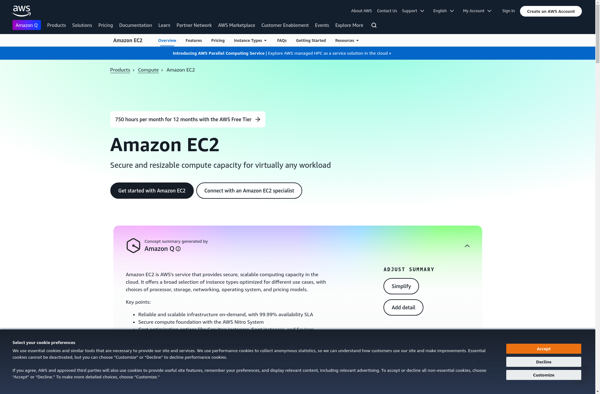
GoDaddy

Amazon Lightsail

OnWorks

Hostinger

Bluehost

Vultr

IranServer
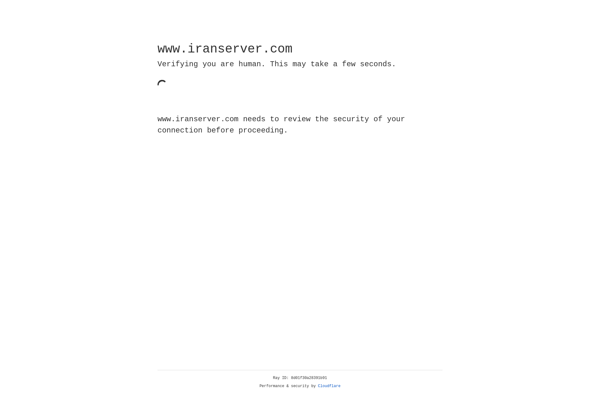
Vast.ai

P2PVPS
Paperspace
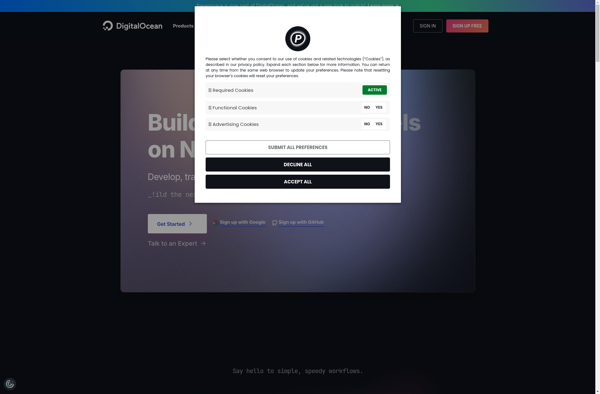
Greenhost

Exoscale

Vmango

ServerHub
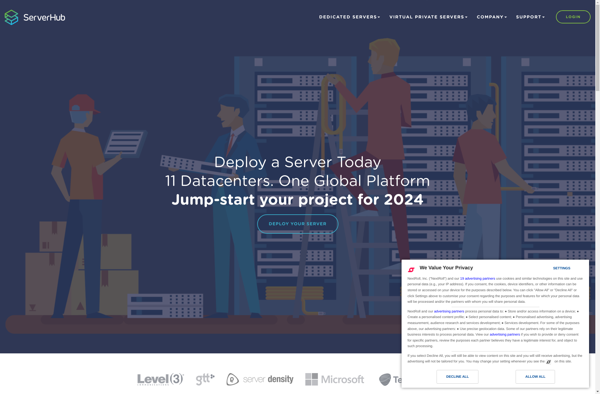
Kamatera

Rad Web Hosting

Google Cloud VPC
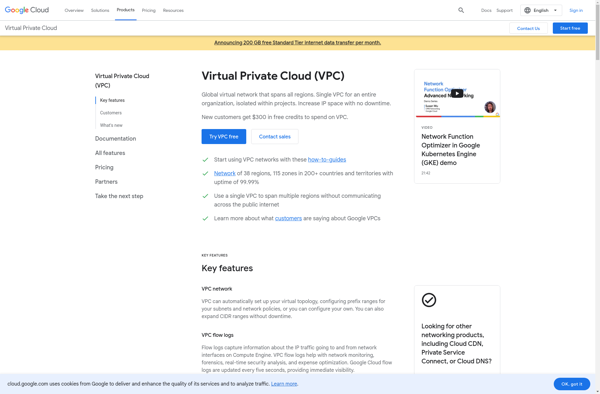
HostGator

Cyclic
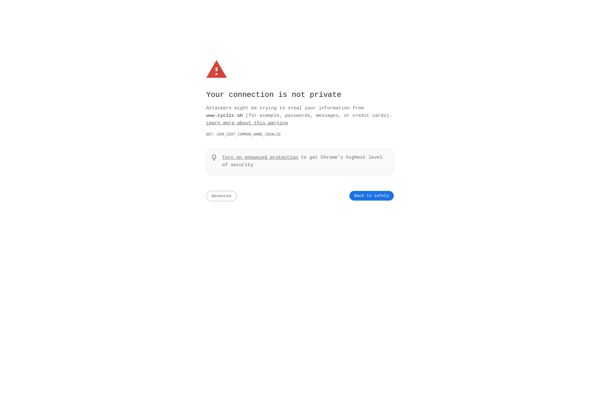
RMJ Cloud
Last.Backend
VPSie

Google Compute Engine

Website Free Host

Scaleway
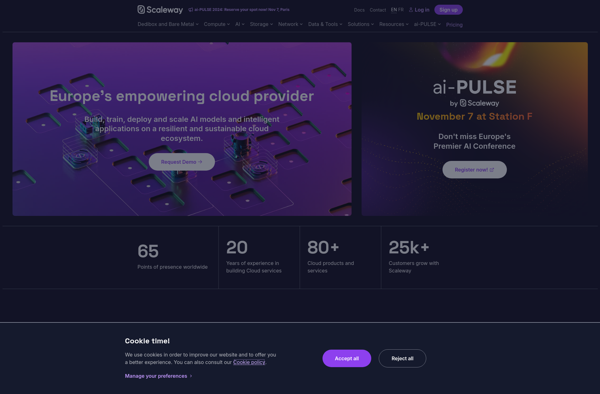
Qovery

Clever Cloud

Fozzy

Koyeb

BuyVM

EvenNode

WebFaction

UpCloud

VPSDime

EuroVPS

UberSpace
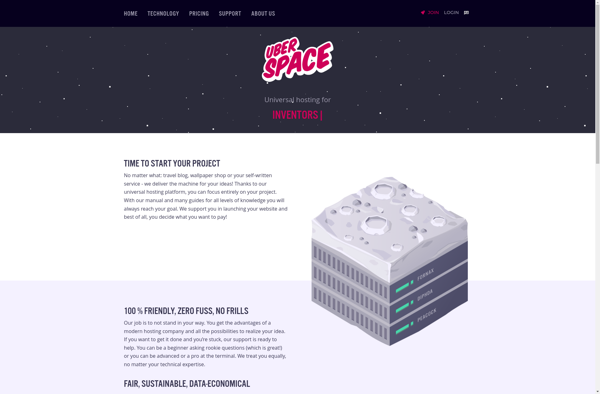
Cloudways

DedicatedCore

Rackspace

Dreamhost

Nanobox
RoseHosting.com
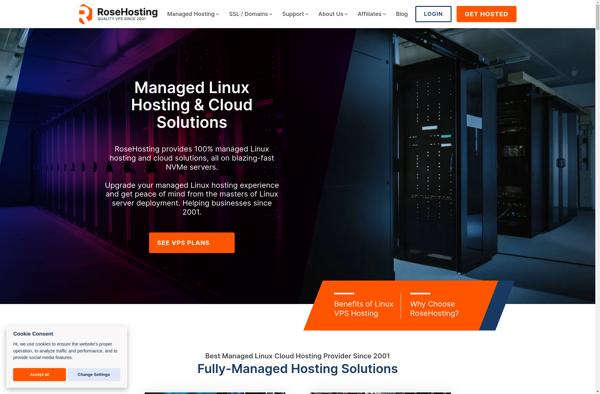
Clouding.io

SpinUp
CloudVPS
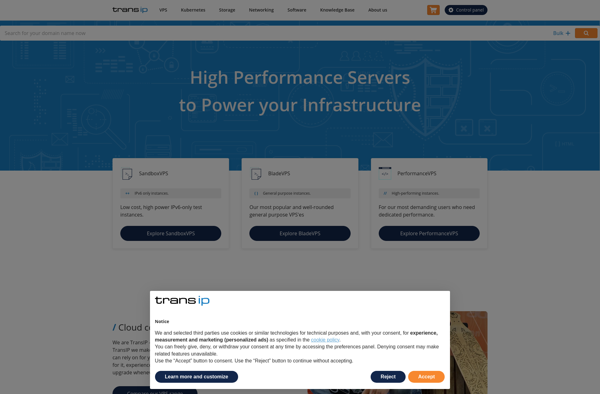
HostnExtra
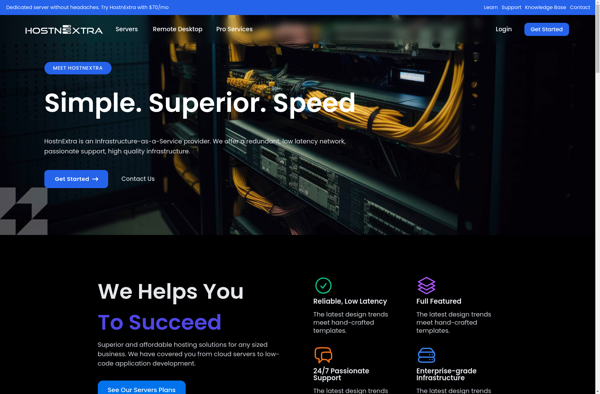
PlanetHoster

Slicify
KeepSec Technologies

Antsle

Time4VPS

FastComet

Dediserve

Tranquillity

LetsCloud

A2 Hosting

InMotion Hosting

VirMach

DomainRacer

CloudSigma
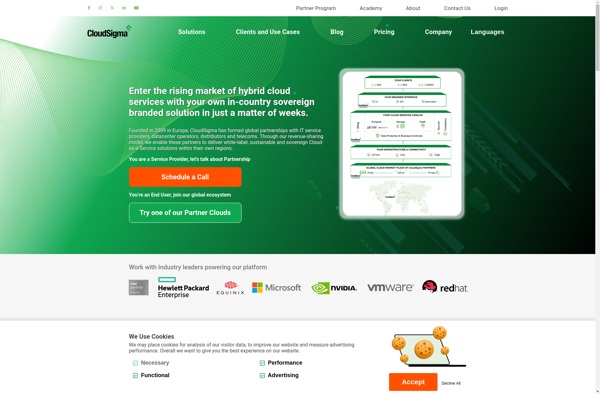
V2 Cloud

Cloudsmash

HostUp

RamNode

Ikoula

IExec

MicroHost

E-Host
DataCell
Gridscale

BitMitigate
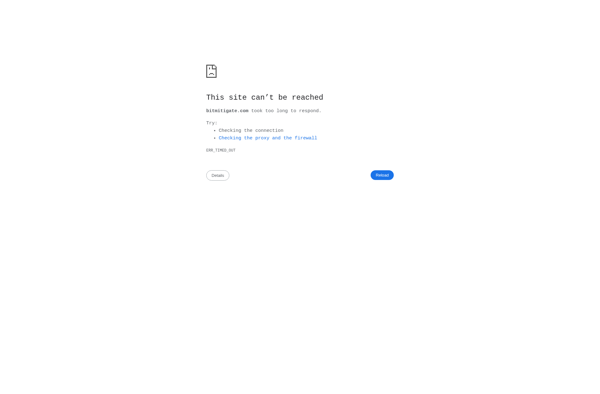
Bahnhof

TransIP

VIP Web Hosts
EvergreenTech.io Web Design

Liquid Web
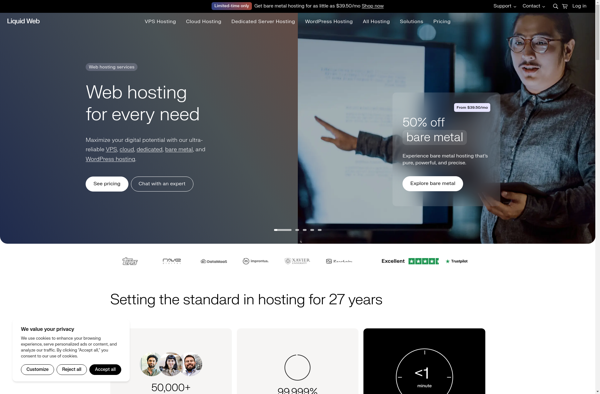
XenoNode
Idealstack
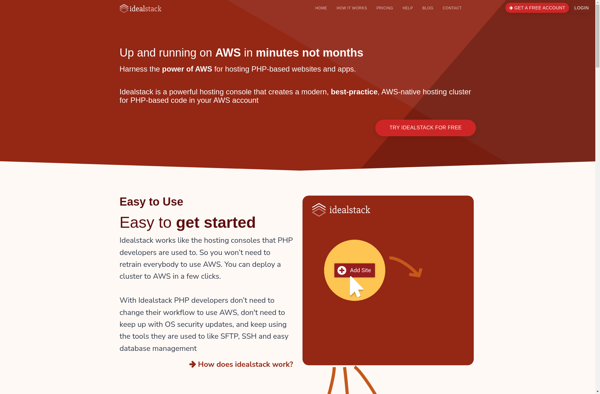
Hyper Host

Kinsami
XEL Elastic

ElasticHosts
SDHD Hosts

LunaNode
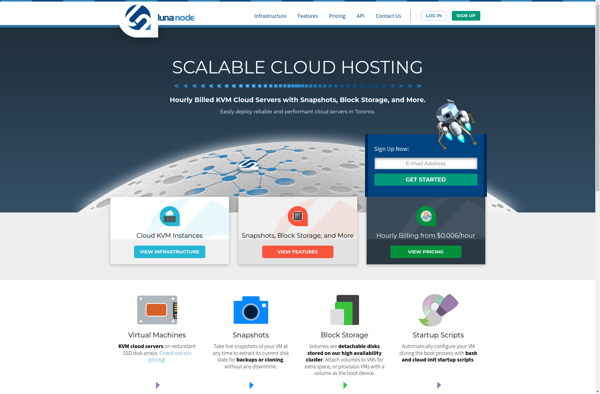
RuneHost
WindowsVPS.host

Datarealm
Hyper.sh
Portal Cloud

Aulerion
FSTServers
Hybrid Web Hosting

Webdock

Go4hosting

Citycloud
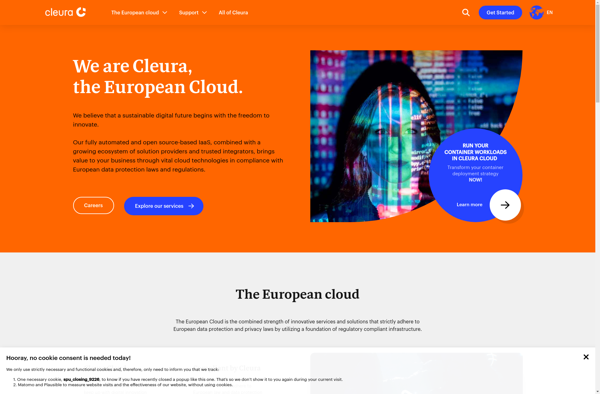
Tsohost

Onlive Server

Amezmo
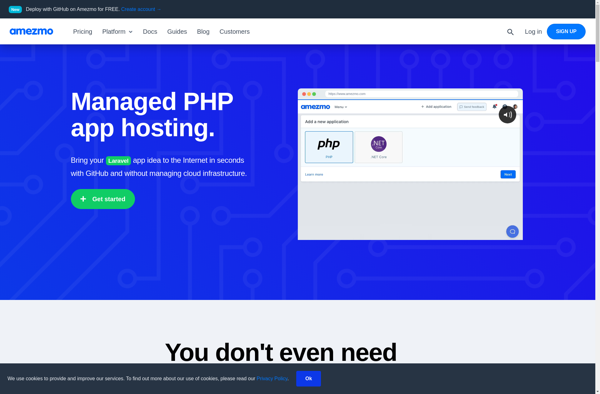
TuchaCloud

Ventureer
MediaSecure

GetClouder
Flexihost

Sweden Dedicated

Hosting24
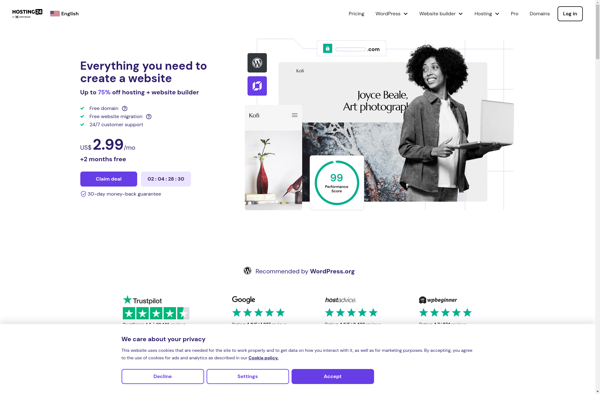
JiWebHosting

Webhosting1st

Includable
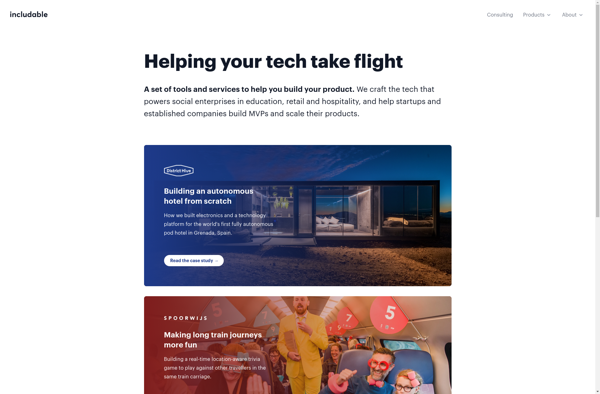
M3O
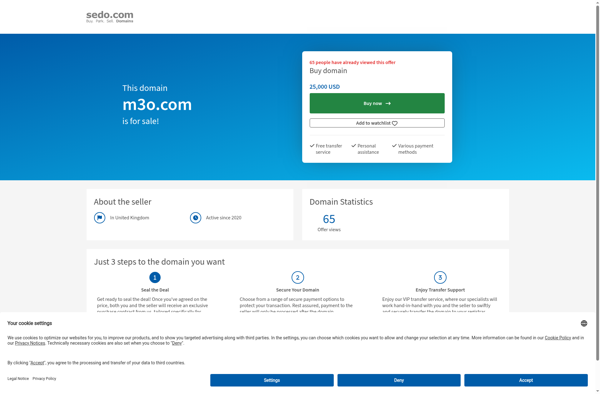
HiveNet
Joyent

Prometeus

DeepBrain Chain

GoGrid
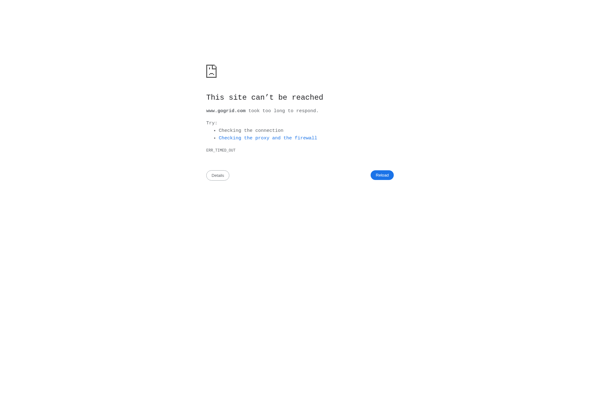
Coinhost.io Web Services

Hostingwalk

GB Network Solutions

Serverworks
SolVPS

AtomDeploy
ArvanCloud

Private Layer

DealonCloud

A Small Orange

GPUClub.com

Cariibou
ProxyBite
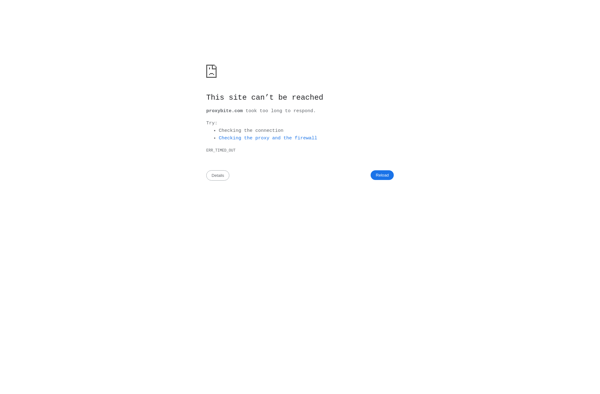
Q Blocks

Cloudscale.ch

HostUS
